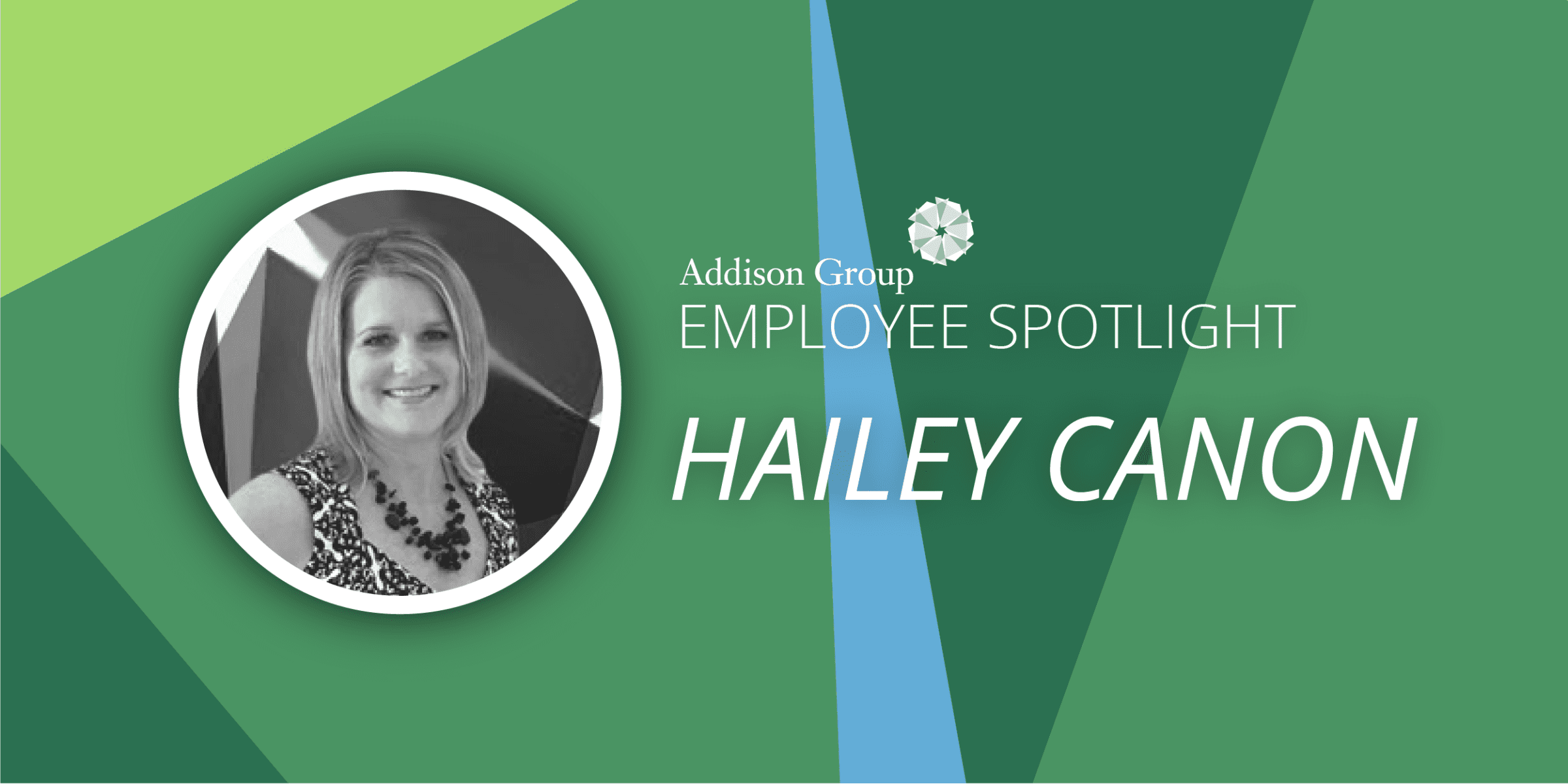The Changing Landscape of Medical Billing: 3 Key Considerations

The needs of both the medical industry and consumer behavior have changed. Consumers now expect every medical transaction they make to be simple, digitized, accurate, and personalized. Those expectations have opened the door for medical billing to adapt and move forward. New healthcare billing regulations offer consumers more visibility, and upcoming laws offer patients more protections against unanticipated bills and claims. Since the COVID-19 pandemic, patients now expect more insight and transparency into medical billing claims and are increasingly getting involved in how much patient care will cost upfront.
With these significant changes in medical billing, healthcare organizations must stay on top of the latest trends and regulations to meet demands in 2021 and beyond. Here are the top 3 medical billing considerations that organizations must keep in mind as they move forward in a growing industry:
AI & Automation
Technology has evolved the way medical billers work with claims. Billing that relied only on manual processing was time-consuming and left room for potential error. In fact, 80% of all medical bills contain errors. AI-assisted coding has proven to be a key asset in healthcare organizations: it speeds up medical billing, can more easily sift through thousands of healthcare codes, and improves overall accuracy. However, medical billing is extremely complex and even the most robust software requires human assistance. Claims must still be audited by a human to catch any mistakes or potential discrepancies. A person is also needed to navigate medical coding variables, such as patient history and specific circumstances — nuances that only a person can help correct.
Managing an automated billing program for a healthcare organization depends on team members that understand manual processing and also have deep knowledge in medical coding, data entry, and paperwork to reduce the risk of error while maximizing the benefits of technology. Claims adjudicators are proving to be necessary the more AI and automation are integrated into healthcare organizations’ billing. Addison Group works with clients to ensure medical billers are well versed in coding and can work seamlessly with billing software to help healthcare providers process claims efficiently and accurately.
New Regulations
Enacted in late 2020, the revised version of the bipartisan No Surprises Act contains key protections to “hold consumers harmless” from the cost of unanticipated out-of-network medical bills. Because of this, healthcare organizations have had to scramble to meet this new need. To move forward, healthcare leaders and teams must consider how these new regulations affect their bottom line. For example, even if a hospital is in-network for a procedure, a doctor could be out-of-network for the patient. Providers need to understand how to set prices that adjust to this, and to ensure transparency so patients are aware of potential billing adjustments. We work with our clients to find medical claims professionals who have the expertise and knowledge to navigate new regulations and ensure full compliance without compromising the bottom line.
A Changing Healthcare Market
Historically, healthcare organizations may not have paid close attention to consumers’ buying and payment behavior — but that is changing. Employer healthcare costs in the U.S. rose 6.5% in 2020, and are expected to rise to 7% in 2021. However, employee claims are skyrocketing as well. Combine that with the emergence of higher-cost plans like HMOs, and a consumer-driven market is now center stage. 75% of patients are now looking up the cost of medical procedures online. In a digital world, patients have become consumers who opt to shop around, investigate what hospitals and providers have to offer, and make decisions based on price and quality of service. That’s where forward-thinking healthcare organizations can stand out. By creating more visibility into pricing, in-network options, and available services, they can set themselves apart from organizations that are moving in slow motion.
Creating a future-ready healthcare organization involves the right people and strategy to make it happen. Addison Group is ready to partner with you to ensure you are set up for success every step of the way. Reach out to us today.




